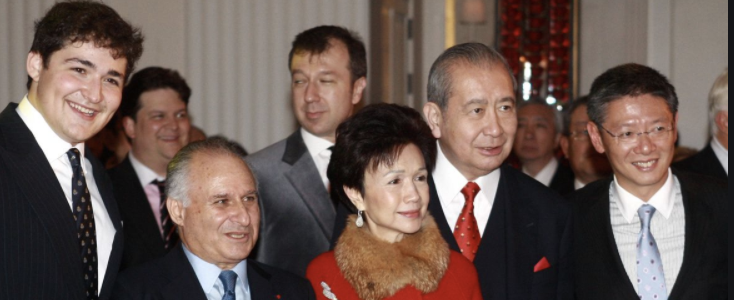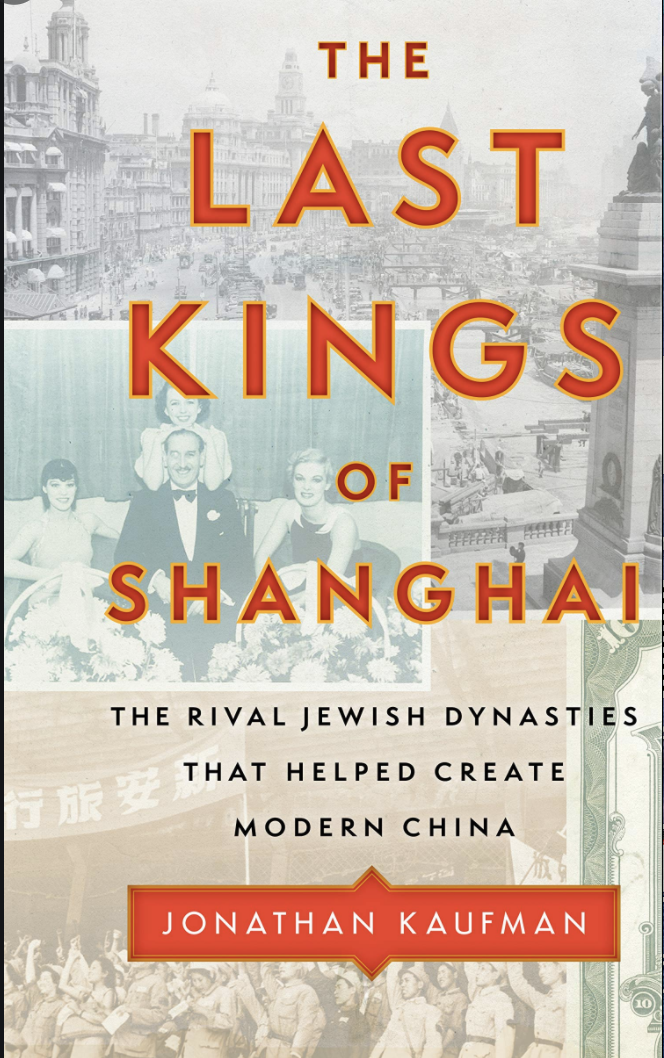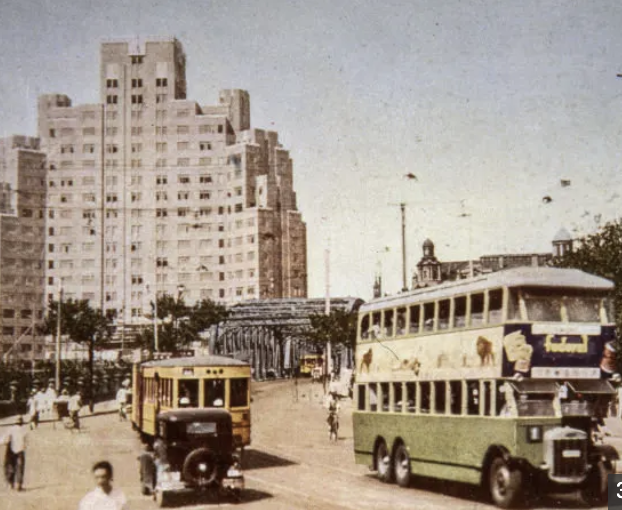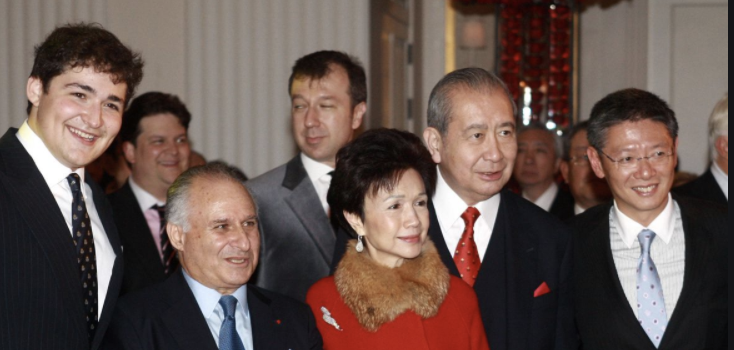
Kings of Shanghai who shaped modern China




The last Kings of Shanghai is the multigenerational epic story of two rival dynasties who flourished in Shanghai and Hong Kong and their families who helped to shape modern China and the central role of businesspeople at a time when twentieth-century China was still emerging from political self-isolation.
In Shanghai,1936, the Cathay Hotel located on the city’s waterfront is one of the most glamorous in the world, built by Victor Sassoon, billionaire playboy and scion of the Sassoon dynasty, the hotel has hosted global celebrities including Noel Coward who has written a draft of Private Lives in his suite and Charlie Chaplin has entertained his wife-to-be as a few miles away Mao and the nascent Community Party have been plotting revolution.
Sassoons rivaled in wealth and influence by only one other dynasty the Kadoories, both from Baghdad, stood astride Chinese business and politics for over 175 years, profiting from the Opium Wars, surviving Japanese occupation, courting Chiang Kai-shek and losing nearly everything as the Communists swept into power.
Pulitzer Prize-winning journalist Jonathan Kaufman tells the story of opium smuggling, family rivalry. Political intrigue and survival and how these super-rich families participated in an economic boom that opened China to the world but remained blind to the country’s deep inequality and to the political turmoil at their doorsteps.
At the height of World War II, they joined together to rescue and protect eighteen thousand Jewish refugees fleeing Nazism. Their stay in China although started out as a business opportunity, the country became a home they were reluctant to leave, even on the eve of revolution. The lavish buildings they built and the booming businesses they nurtured continue to define Shanghai and Hong Kong to this day.
Before the Second World War, Shanghai was a byword for money, adventure, and glamour where 40, 000 foreigners lived in an international settlement where local laws did not apply as they prospered from the deadly opium trade and later from dominating China’s commerce, finance, and tourism.
As China grapples with the pressures of modernisation and global power, the hidden odysseys of the Shanghai’s undisputed masters Sassoons and the Elly Kadoories, who eclipsed even the old colonial trading families headed by the Kewicksof Jardine Matheson. Both Sassoons and Kadoories hold a key to understanding the present moment as the US tries to confronts China’s rise.
Sassoons deployed their sons to Hong Kong and later to Shanghai as the families also recruited other ex-Baghdadi Jews among them young Kadoorie who arrived in Shanghai around 1890. Determined to make his own fortune, he broke early with the Sassoons and later outclassed his former employers.
Kaufman contrasts the undisciplined Sassoons with the strict approach of Kadoorie and his sons Lawrence and Horace.
Today, the Sassoon fortunes have largely fragmented, but Michael Kadoori, Lawrence’s son is among Asia’s richest billionaires with a family stake in Hong Kong’s dominant electricity company, the Peninsula Hotel chain and the peak tram.
The book explains China’s Tumultuous history pernicious colonial influence, the collapse of imperial China, and the Communist revolution which swept away both families’ Shanghai Holdings. Victor Sassoon never recovered but the Kadoories had hedged their bets and invested early enough in Hong Kong to start again the Phoneix affect.
The intricacies of the British class system, important to both clans catch them out.
While it was more fortunate to have born a `Kadoorie. It was probably more fun to have been a Sassoon. AS well as producing the poet Siegfried Sassoon, Rachel Sassoon Beer, editor of both the Sunday Times and the Observer,
The clans co-operated in Shanghai in the 1930s to support around 18, 000 European Jews escaping the Nazis. It was Victor Sassoon’s finest moment, persuading the suspicious Japanese military who captured Shanghai in 1937 into resisting German pressure to eliminate the refugees.
The Last Kings of Shanghai: The Rival Jewish Dynasties that helped create Modern China by Jonathan Kaufman, Viking $28, Little Brown £20, 384 pages.
